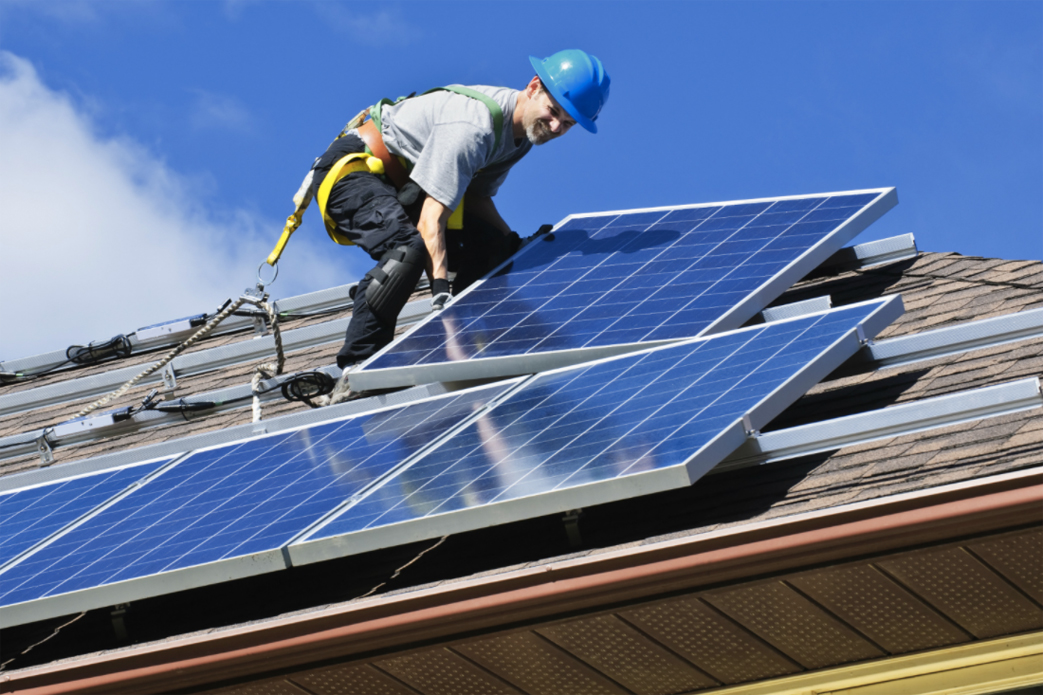Victoria has turned to the Clean Energy Council (CEC) in an attempt to ensure that householders looking to install PV under its $1.3 billion Solar Homes program avoid dodgy solar systems and operators. The government says that the move will ensure that installers who can carry out subsidized installations “meet the highest safety and quality standards.”
Two deadlines have been set for PV retailers and installers to become CEC Approved Solar Retailers. “Major solar retailers”, according to the government’s announcement today, have until July 1 to pass the CEC’s approval process, while “all other retailers” have until November – presumably smaller installation operations.
In a statement, Victorian Energy and Solar Homes Minister Lily D’Ambrosio said that “safety and quality” is primary concern of the government: “We won’t cut corners in rolling out this landmark package – we’re giving Victorians the support they need to take part and take back control of their energy costs.”
She added that the CEC’s installer Code of Conduct will allow it easier for installers and customers to understand, “what they’re entitled to”.
The Solar Homes program provides a subsidy of up to $2250 for a residential PV installation. It targets PV installations at 700,000 homes, including 50,000 rentals, and 10,000 solar battery installations over 10 years.
The CEC reports that 250 retailers and installers are already qualified under the program. It reports that around 35-40% of applicants to the proposal – noting that the requirement “will be annoying” for “low quality retailers” and “some good operators”, who are already delivering quality installations and service and will have to go through the process.
The Smart Energy Council (SEC) is annoyed at the Victorian decision.
“It’s extremely disappointing,” says the Smart Energy Council’s Government Relations Manager Wayne Smith. “We believe that the CEC code and the action from the Victorian government is anti-competitive. It will disadvantage a significant number of solar companies and solar workers in Victoria. We are concerned that it seems to undermine the work that so many industry groups have done to develop and industry wide code of conduct for the solar and storage industry.”
The SEC reports that a second “industry wide” code was in the process of being developed in partnership with a number of industry and consumer groups.
“It is our clear view that the CEC Code of Conduct is not fit-for-purpose, and that’s why a new industry wide Code of Conduct is being developed,” says Smith. He suggested that the CEC code could “lock in” the advantage enjoyed by larger retailers over smaller installers.
Both South Australia and Queensland require installers to sign up to the CEC code.
This content is protected by copyright and may not be reused. If you want to cooperate with us and would like to reuse some of our content, please contact: editors@pv-magazine.com.









1 comment
By submitting this form you agree to pv magazine using your data for the purposes of publishing your comment.
Your personal data will only be disclosed or otherwise transmitted to third parties for the purposes of spam filtering or if this is necessary for technical maintenance of the website. Any other transfer to third parties will not take place unless this is justified on the basis of applicable data protection regulations or if pv magazine is legally obliged to do so.
You may revoke this consent at any time with effect for the future, in which case your personal data will be deleted immediately. Otherwise, your data will be deleted if pv magazine has processed your request or the purpose of data storage is fulfilled.
Further information on data privacy can be found in our Data Protection Policy.